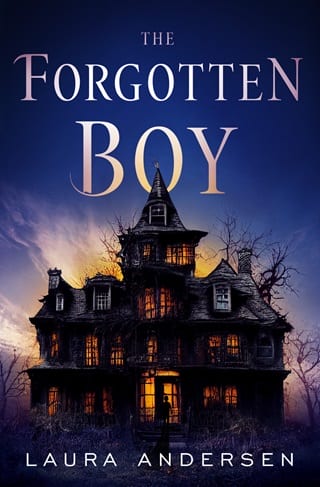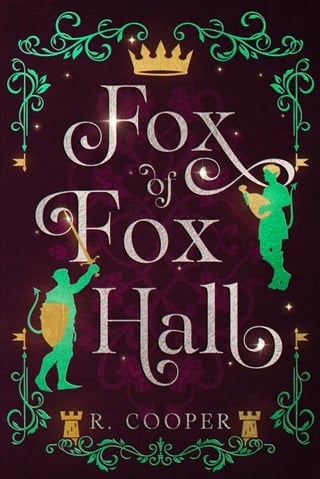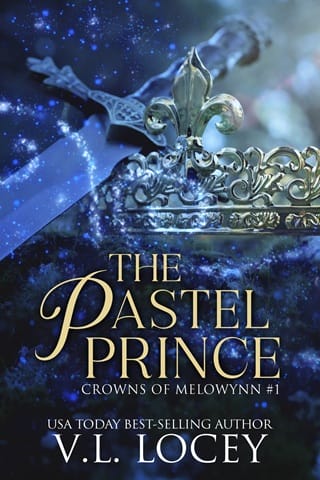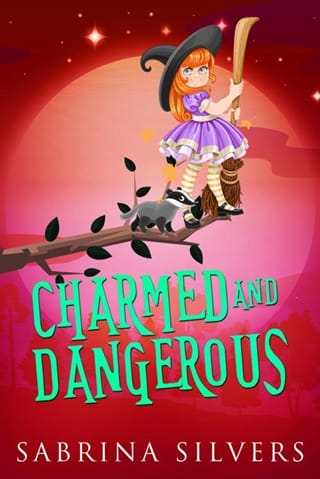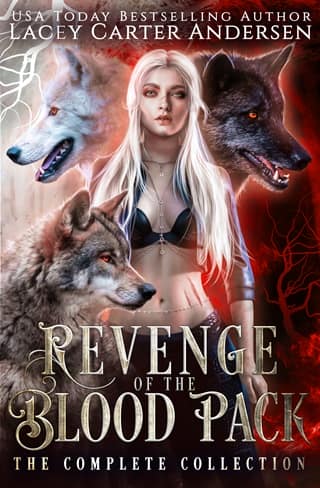Chapter Eight
CHAPTER EIGHT
DIANA SEPTEMBER 1918
The second Saturday after term began, Diana took advantage of her first free afternoon to put off her nurse's uniform and put on her leather boots and goggles. She pushed her beloved motorbike out of the old stables, where it was stored with several automobiles belonging to the school. And, to the admiring looks of the boys playing cricket on the front lawn, she rode out of the courtyard with a little more flair than was strictly necessary.
Her father had bought her the Douglas after sixteen-year-old Diana had tried to ride her older brother's Enfield. There was no better training ground for riding through traffic, making quick turns and stops, than London, and within weeks of war being declared she was a messenger for the War Office. In December 1914, an army medical officer had spotted Diana, by now twenty-one, as she'd made a hairpin turn on her motorbike, tracked her down, and asked if she wanted to be an ambulance driver in France.
Almost four years ago, but it seemed much longer when she thought of herself back then, cheerful and innocent and eager to dash toward adventure and embrace danger. That girl had died in France, somewhere between ambulance driving, nurse training, and the forward medical post she'd helped set up in 1916 just a hundred yards from the front.
Only on her Douglas did Diana feel that maybe not all light and joy had died in the war. And to ride out here—beneath enormous skies, across rivers, up and down hills—was what she imagined flying must be like. There was only air and light surrounding her, until she reached Steel Rigg and caught her first sight of Hadrian's Wall.
She parked the bike and took off her goggles and gloves, tucking them into one of her panniers. She didn't know exactly where she was, but it didn't appear to be private land—it certainly wasn't farmed or foraged—and this was England; nobody here would shoot her for walking in the wrong field, and the Romans hadn't left landmines behind.
The old stone wall marking Rome's farthest border tracked along the natural geography. In some places it had tumbled down to little more than a suggestion, and everywhere it had grass growing along the top as though Britain had told her invaders, "Build your wall, but we'll make it our own and endure long after you are gone."
One section, going sharply uphill, had a path beside it. Diana went partway up until she found a convenient rock outcropping to sit on. She had never been anywhere so silent. It was tangible, but not in an oppressive way. Rather, the silence stole inside her limbs and her mind until she had never been so at peace in her life. She had been right to come to Havencross. This silence and space was what she needed.
Diana sat there long enough to grow stiff, and in all that time saw only one person, walking a dog in the far distance. She reluctantly started down the path when she saw a rider on horseback approaching from the west. The rider must have seen her as well, for the horse angled its direction and met up with her as she reached the bottom of the track.
Joshua Murray wore an open-necked shirt on this unusually warm day with the sleeves rolled, showing off his forearms. He smiled at her wryly. "You're a hard person to catch up. That motorbike is fast."
"And it requires less feeding and care than a horse." She kept a wary eye on the animal. Horses had played little part in her life, save for speeding around horse-drawn carts in parts of London.
With easy grace, Joshua swung off the horse and dismounted with brief hesitation when his injured leg touched the ground. "I'll walk you back to the bike if that's all right."
"You don't have to."
"I want to."
Seeing him so at ease on horseback had reminded Diana that she knew what regiment he'd served in. "You were a cavalry officer."
"Northumberland Fusiliers, yes. Family tradition. My grandfather was in the Crimea. I could ride almost before I could walk."
"It was a horse that broke your leg," she said, details returning as those distinctly intense eyes of his pulled out memories from the field hospital.
"It was a bullet that broke my leg," he corrected her. "The horse falling on me just compounded matters. No pun intended."
"Compound fractures are notoriously difficult healers." An ambivalent sentence at best.
The corner of his mouth quirked up. "Are you trying to be discreet? It's all right, I don't mind talking about it. Not to you. It took me eight months to walk without crutches and a year without a cane. Even now I still have one, for when I get tired. My hill-walking days may never return, but I can still ride. For a Murray, that's as important as breathing."
"I feel that way about the motorbike. As long as I can get away somewhere by myself, independent …"
"And alone? I shouldn't have bothered you. I apologize."
"I don't mind you." The words slipped out before she knew it, and heat bloomed in her cheeks. "I mean, I don't mind out here. Where it's so empty and quiet."
"A big difference from France," he agreed.
"Is that why you came back here?"
When he answered, it wasn't at all flippant. "Yes."
Diana cast around for a topic not so laden with war memories. "Tell me about the Somersby family," she asked. "When I interviewed with Sir Wilfred Somersby in London, he told me that his daughter was brilliant, but not easy. I wondered if he was warning me away, though he seemed eager enough to offer me the job."
"Clarissa Somersby," Josh said with a meditative air. "I didn't know her well, she's five years younger than I am, but our families spent some time together before the school was founded. Before Thomas died."
Diana raised her head sharply. "Thomas? Who's Thomas?"
"You really haven't been anywhere near the village, have you? Thomas Somersby was Clarissa's younger brother. He vanished during a storm in '07. They never found his body. He was six years old."
Beneath her war-deadened sensibilities, Diana felt a fierce pluck of sadness. She had thought the soldiers she'd nursed too young to die. But a six-year-old, one who wasn't even sick … "He and Clarissa were close?"
He nodded. "She and Thomas were the only children of Sir Wilfred's first wife. He married again when Thomas was a baby, had a few more children, but my mother always said that Clarissa blamed herself for losing Thomas. The family usually only spent a few months each year at Havencross, but after her brother disappeared Clarissa refused to leave. She searched every day, and then she was ill for a very long time. And ever since, she has not left Havencross for a single night."
"Not once? But surely—"
"Her father objected? Of course he did. But Clarissa has never lacked for willpower. She was only thirteen at the time, but she was the driving force behind the founding of the school. Her father made sure she was educated to the best standards by those who came here to teach, and by the time she was twenty she was already his second-in-command. When her father chose to return south in '16, it was Clarissa who ensured the school kept functioning. She is a remarkable woman, yes. Brilliant is certainly accurate."
"Brilliant but broken," Diana whispered.
Josh shrugged. "Aren't we all, these days?"
They'd reached her motorbike. He didn't linger but mounted his horse with the same ease and gazed down at her. "I didn't just tell you this for gossip's sake, or to make you feel sorry for her. Like all boys everywhere, the students get to know these things. There have always been stories running among them about the ghost of a boy who died there. The older ones use it sometimes to frighten the youngest. Death is not a stranger to most of them now, and it will be easy for them to transmute their grief into a safe haunting. You might want to be on alert for that."
With a flick of his hand to his head, almost a salute, he rode off. Diana watched until he was long out of sight, thinking of Thomas and the many lost and forgotten boys she'd known in the last four years.
 Fullepub
Fullepub 